foods to help gain muscle to increase your muscle mass it is important to combine effective training with a good diet focused on your goals. Obviously, it is not convenient to lack essential nutrients in your diet, but some food groups can become great allies during the hypertrophy process.
Now that you can take more care of your diet, be sure to include the right amount of protein. These are 12 foods that cannot be missing from your menus if you want to increase muscle.
1/12 Spinach
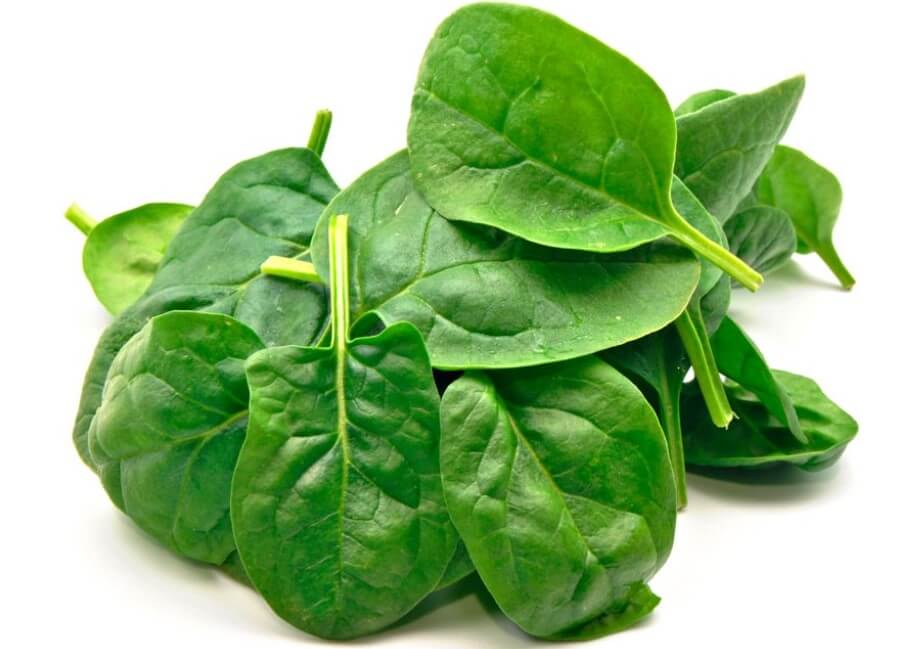
This vegetable contains a remarkable source of glutamine, an amino acid important for the development of lean muscle mass. It also helps increase endurance and muscle tone.
- You can prepare it raw in a salad. If you add carrot, fresh cheese and some walnuts, the result is a light and protein first course.
2/12 Low-fat dairy

a valuable source of protein of animal origin can be found in milk and its derivatives (yogurts and cheeses). The important thing is that you choose their skimmed or low-fat versions. If you take them at night, in addition to recovering the muscle, you will be promoting rest, thanks to its content of tryptophan, an essential amino acid that helps control insomnia. The cottage cheese -very like cottage cheese without prensar- is a real treat for the musculature that contains casein, a protein that is digested slowly.
This vegetable contains a remarkable source of glutamine, an amino acid important for the development of lean muscle mass. It also helps increase endurance and muscle tone.
- You can prepare it raw in a salad. If you add carrot, fresh cheese and some walnuts, the result is a light and protein first course.
did you know:Does vitamin D help the immune system?
This food is considered one of the most complete that exists. It highlights the large amount of nutrients it contains, its bioavailability (in relation to the nutrients present in other foods) and the balance of amino acids in its protein.Most of the proteins are found in the white, while the fats are concentrated in the yolk.
4/12 Turkey and chicken
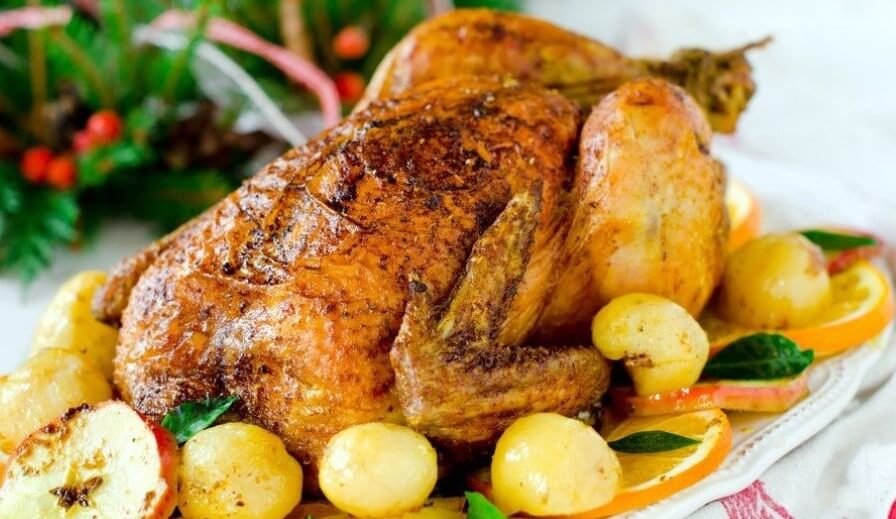
Taking advantage of the proteins in white meats such as chicken, turkey or rabbit means that in addition to gaining muscle, we will be avoiding the saturated fats of red meat such as beef or lamb. For every 100 grams of chicken breast, you get 30 grams of protein. Avoid cooking it in the batter. Ideally, prepare the breasts on the grill and avoid sauces and mayonnaise, unless they are low in fat.
5/12 VegetablesFoods of animal origin

are an excellent source of protein. However, some vegetables, especially legumes, also provide this nutrient to the body. When we consume protein foods of vegetable origin it is important to combine them with other foods that complete the list of amino acids that we need. For example, a great mix is a chickpea or lentil dish with rice. In addition, legumes provide you with a large amount of magnesium, which can help reduce cramps. Its fiber also benefits you: some studies have shown that a diet low in fiber promotes muscle contractions.
find out:are apples good for constipation
6/12 TunaIt
is one of the foods made up almost exclusively of protein, it is easily metabolized and is a perfect ally for increasing muscle mass. Tuna has more protein content of high biological value (23 grams per 100 grams) than meat. Once inside the body, its omega 3 promotes the production of proteins that improve the recovery of injured muscles and reduce the risk of ramps. Other oily fish, such as salmon or sardines, are also a good source of omega 3. A good way to prepare tuna is grilled with some garlic, a splash of lemon and a handful of parsley.
7/12 Red meat
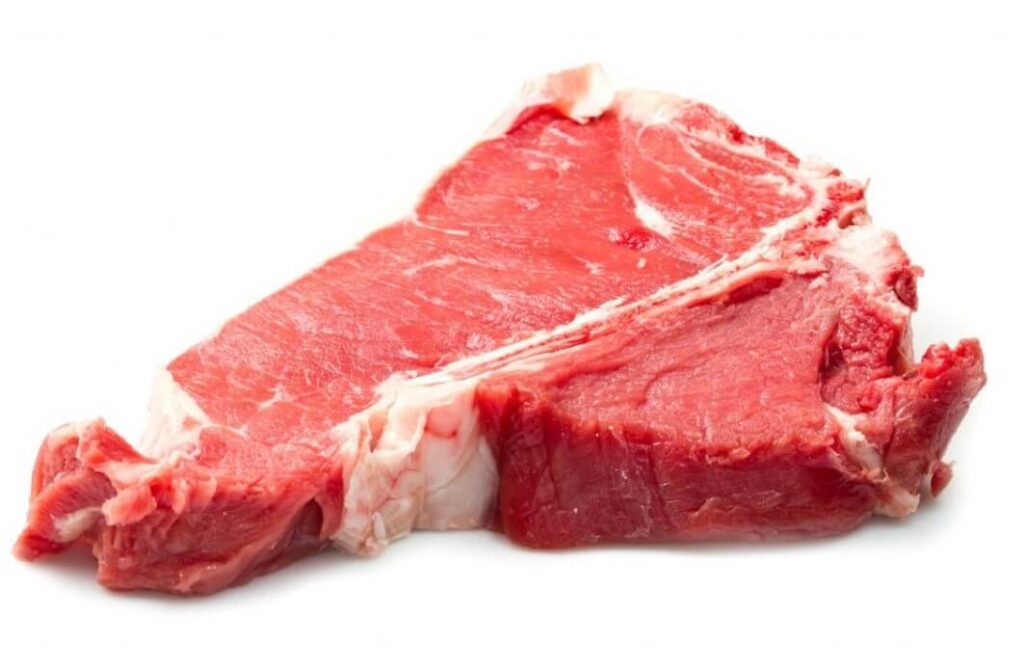
is one of the foods that provide the most protein. The richest in this nutrient is that of a horse, followed by that of beef, veal and pork. However, it is preferable to consume chicken meat, which, although it is not red meat, contains as much protein as horse meat and much less fat, which makes it a much healthier option. York ham (18 g of protein per 100 grams), or Serrano ham (15 g / 100 g), are also important sources of protein.
8/12 Peanuts
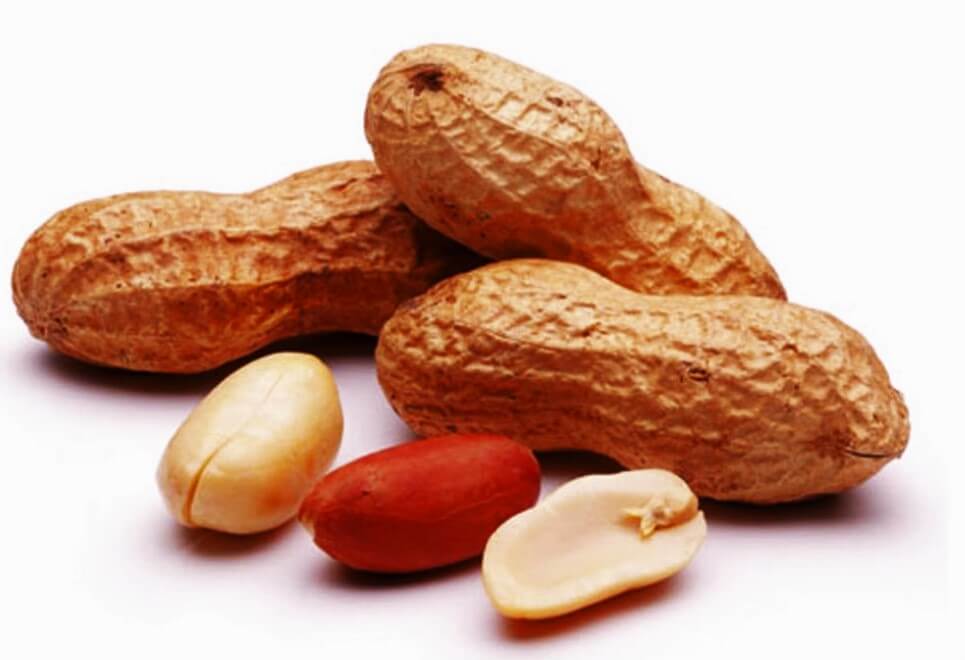
They are not the best source of protein, but if we combine them with legumes or whole grains we can achieve a complete protein. The nuts with the highest protein content are peanuts, walnuts and almonds. You can have a handful for breakfast or mid-morning as a snack. But don’t overdo it, since these foods provide a large amount of calories. Peanuts contain 567 calories per 100 grams. In addition, nuts and some seeds (such as sunflower seeds) are very rich in magnesium, which is essential for maintaining good muscle tone and avoiding injuries.
9/12 Sweet potato
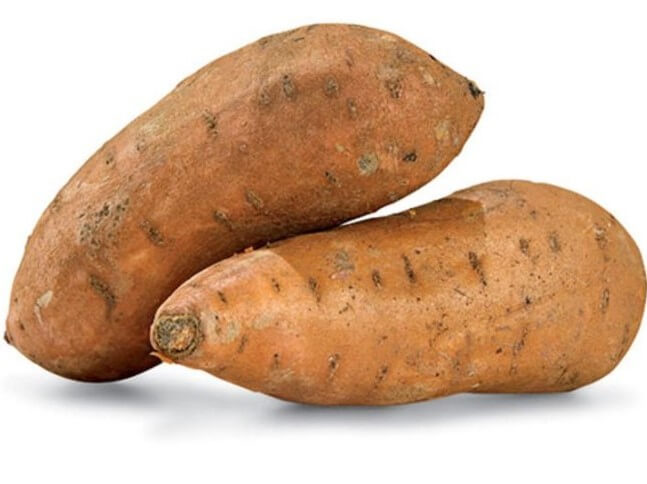
The roasted sweet potato is a good way to obtain potassium, essential to gain muscle mass. Helps maintain the body’s water balance, nerve impulse and muscle contraction. In addition, just a small amount is enough to feel full and its sweet taste will make you want something less healthy to a lesser extent.
10/12 Banana
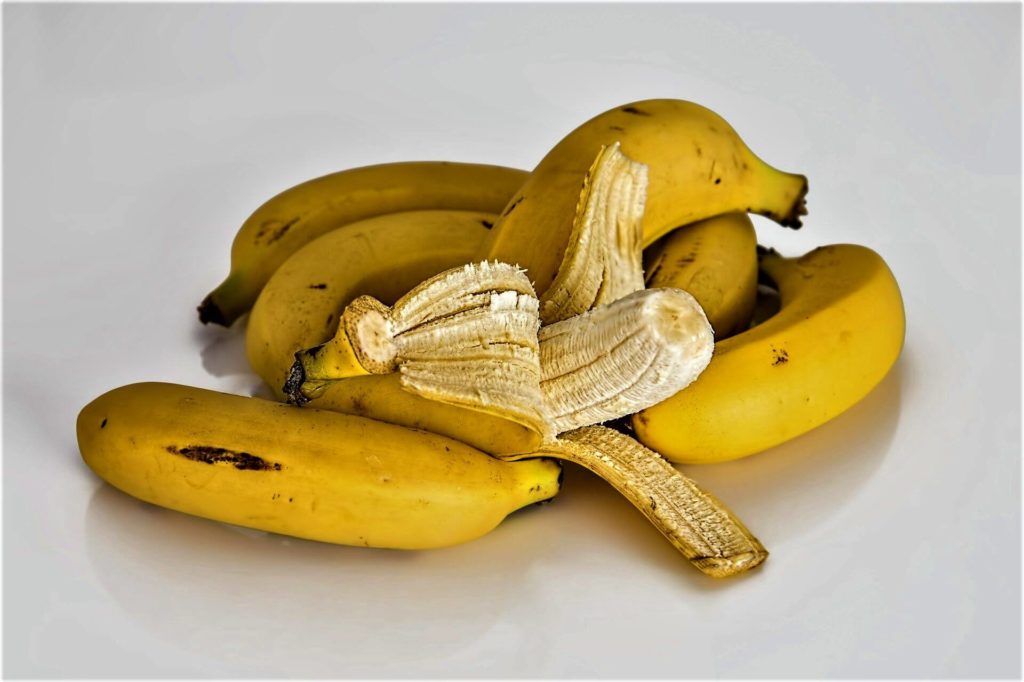
In addition to being rich in carbohydrates, essential when doing some type of muscle training, it contains three essential nutrients for your muscles. It is one of the foods richest in potassium and, in addition, it gives you a good dose of magnesium and calcium. In addition, it can be of great help in preventing muscle spasms.
11/12 Avocado
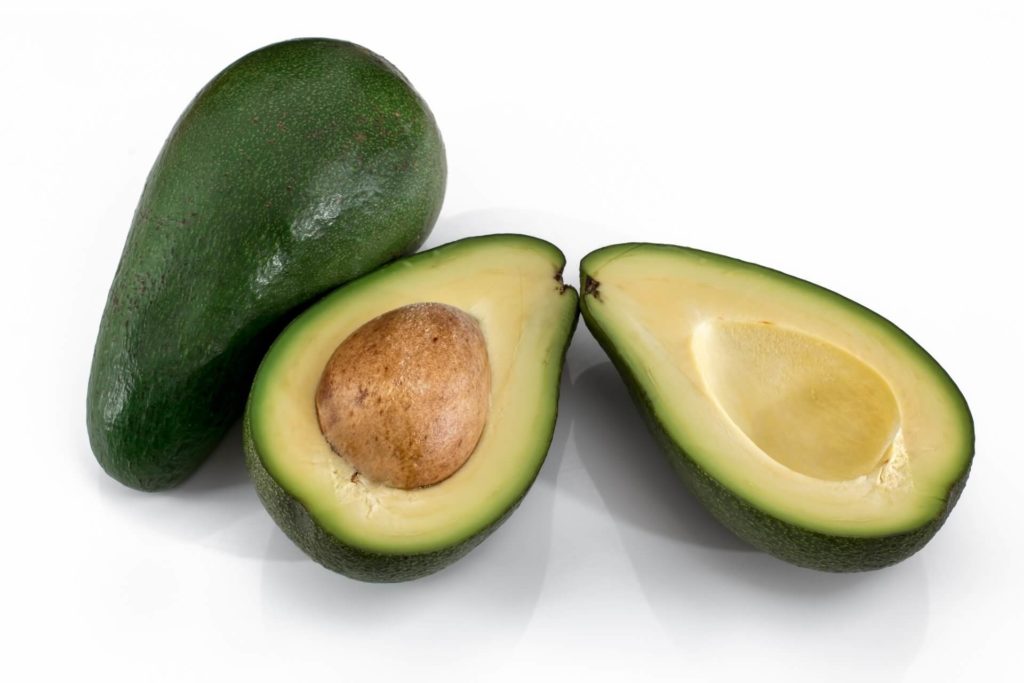
Avocado gives you approximately 1,000 milligrams of potassium. You can add it to your salads, eat it for dessert or spread it on toast in the morning to prepare your muscles from the first hour of the day.
12/12 Citrus
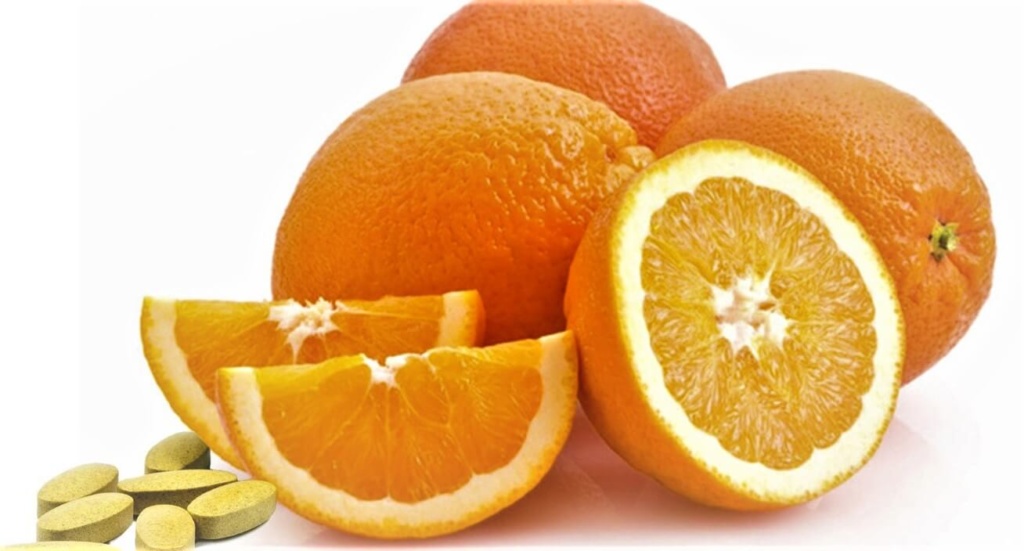
Any citrus fruit will suit you, because its vitamin C is necessary to manufacture collagen, which is present in muscle fibers and keeps them elastic. To ensure that your body receives the necessary amount of this vitamin, take an orange (or two tangerines) and two kiwis every day.
ADVANTAGES OF INCREASING MUSCLE MASS
Eating consciously so that your muscles are fit and have all the nutrients they need brings you numerous benefits:
- Helps prevent fractures. By strengthening connective tissues, bone density increases and, incidentally, the risk of injury and the chances of developing osteoporosis are reduced.
- Increase metabolic rate. The more muscle we have, the higher our resting metabolic rate. That is, without doing anything, you can burn calories.
- You gain quality of life. Among other things, increasing muscle mass helps improve balance, regulates the amount of sugar in the blood, improves the quality of sleep and relaxes the mind
- Improve posture. And it can prevent nonspecific back pain (the cause of which is often not discovered).
HOW LONG DOES IT TAKE TO GAIN MUSCLE?
If, in addition to eating well, you have proposed to gain muscle by following a training routine, you should know that different aspects intervene in the results. First of all, genetics . In this matter, there is little we can do. The other three factors are:
- The type of training.
- Feeding.
- Rest.
People who are new to muscle building notice changes in muscle volume in the first two months , but they are as a consequence of an increase in muscle glycogen stores, which in turn retain fluids.
- In this matter you have to think long term. Visible muscle gain takes time and perseverance. The first year of the gym is already beginning to notice the muscle gain, but it is from the second year when the changes begin to be considerable.
THE IMPORTANCE OF TAKING CARE OF THE MUSCLES
If throughout our lives we have not been too constant and regular with physical exercise, after 40 we lose up to 8% of muscle mass in the next 10 years.
From that moment, everything accelerates: if we continue to lead a more sedentary than active life, upon entering the seventh decade of life, this loss increases up to 15%.
Perhaps from the outset, these data may seem insubstantial, but the truth is that a muscular system in good shape (and delaying the “loss” that we have mentioned as much as possible) helps – and a lot – to have a stronger, more resistant and healthy.
